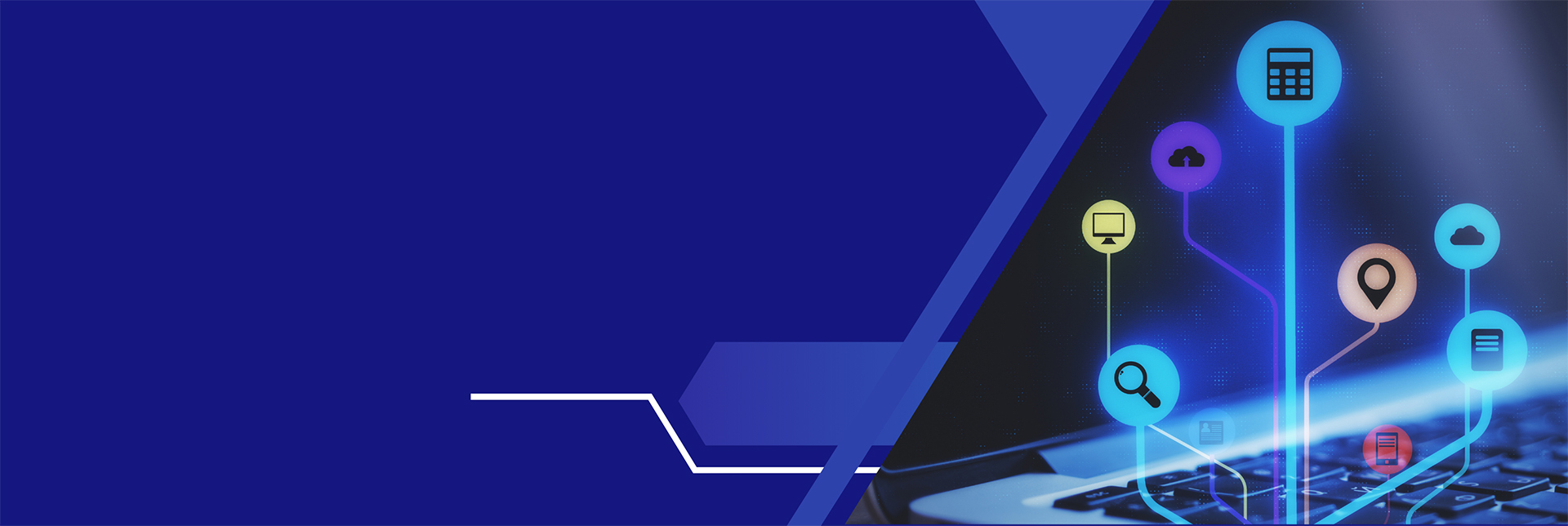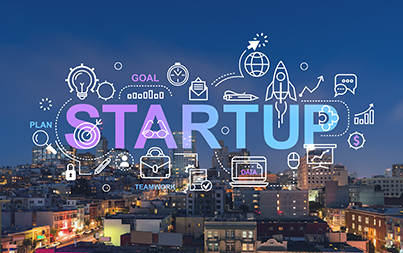
It is essential to have a distinction between startups in India that generate Intellectual Property and startups in India that consume Intellectual property
 Discover Essential Information About Intellectual Property Rights in Start-ups in India
Discover Essential Information About Intellectual Property Rights in Start-ups in India
It is essential to have a distinction between startups in India that generate Intellectual Property and startups in India that consume Intellectual property. In the former category, IP needs a business idea to grow while the latter needs little or no research. Examples of these are Airbnb and Uber. An intellectual property curating startup can build an amazing business idea revolving around technical solutions that are indeed protected by Intellectual property rights.
Most startups in India generally buy and license technology from third parties or outsource it to launch their ideas. Intellectual property rights are granted for a particular period to safeguard the rights of the creator and their innovations. It includes inventions, new and unique logos, some artistic works formulated by the inventors, and many others. These patent intellectual property rights help and encourage the researchers to think in a broad sense and make more patents. Startups act as connection builders and solution providers to every related problem.
India introduced the first National IPR policy in 2016. Intellectual property law in India has created a figure where it has a crucial part in making an economy globally depending on the last fifteen to twenty years. Intellectual property protects the ownership and originality of the individual’s creations. Intellectual property allows owners to avail financial benefits from the property they have created. Patent intellectual property rights are specifically granted by a government to an inventor to exclude others from imitating, manufacturing, using, or selling the invention in question for commercial use during a particular period.
Intellectual property rights are divided into two different categories: Industrial property rights which includes patents for inventions, trademarks, designs, and geographical indicators, and the other category Copyright which includes literary works, computer programs, and all the databases, films, and music that are produced by musicians, artistic works, drawings, paintings, photographs, and other sculptures and architecture works.
Patent Intellectual property rights are granted for a new invention, product, or process that provides a different and inventive way of doing something or it offers a unique technical solution to a problem. The patent owner provides technical information about the inventions publicly in the published patent document.
Trademarks are a type of intellectual property consisting of a recognizable sign, or design that identifies the goods and services of a particular source. For example; pattern marks, etc.
A startup specialist law firm should focus on two or three specific areas of practice, like litigation, arbitration, etc., and pertain to catering to different industries, rather than giving priority to any single sector.
Startups and innovations run simultaneously. Startups get their product and services in the market to get a competitive advantage and gain an edge. Protection of these intangible assets and intellectual property rights not only secures unfair competition but also takes into account investors’ funds. Identification of the Intellectual property should be performed, along with the ways to protect them by making lists of all the intangible assets and whether they should be formally registered or are arising normally.
A very famous startup that has flourished over the years is Uber Technologies, Inc., founded in San Francisco, California in the year 2008. This idea came up with the concept of tapping into the phone and getting a ride. To operate freely as a cab company they changed their name to Uber and got it licensed. Their focal strategy was to protect intellectual property by using utility patent protection. Uber owns many patents through filing and acquisitions. Uber has also taken many protection measures for its logos, application icons, and application algorithms. This has little risk of infringement from its competitors. The company has registered for its trademark protection of multiple designs. It has also obtained design patent protection for its user interface to make it user-friendly. Patent protection rights are the strongest form of security that a company can make. These were some ways Uber took care of their Intellectual property rights.
A landmark judgment to explain Intellectual property rights is the case of Cadila Healthcare Ltd vs Cadila Pharmaceuticals Ltd. Both these companies had the same trademark name, the court gave a judgment by saying comparison of a trademark must be made as a whole, their are two to three or sometimes four names inside a trademark.
Common intellectual property mistakes that startups make are: Inception of a business requires a defined strategy from bringing a new product or service into the market to ensuring that no one copies your product or no one steals your identity. To get away from such infringements, startups create an entry barrier to protect their products and this can happen when a startup owns a legal right. Many startups in India think it is unnecessary to protect their goods and services by thinking it’s expensive and comes with its cost blunders. They ignore investing in Intellectual Property, which also causes them to decrease their investors as investors also look for intellectual property before investing in a business.
Another mistake they make is discussing their product details with their investors or any other third parties without signing any documents or before discussing them with their legal attorney. This is some information you should know before starting up a business or the Intellectual property rights involved in startups.










